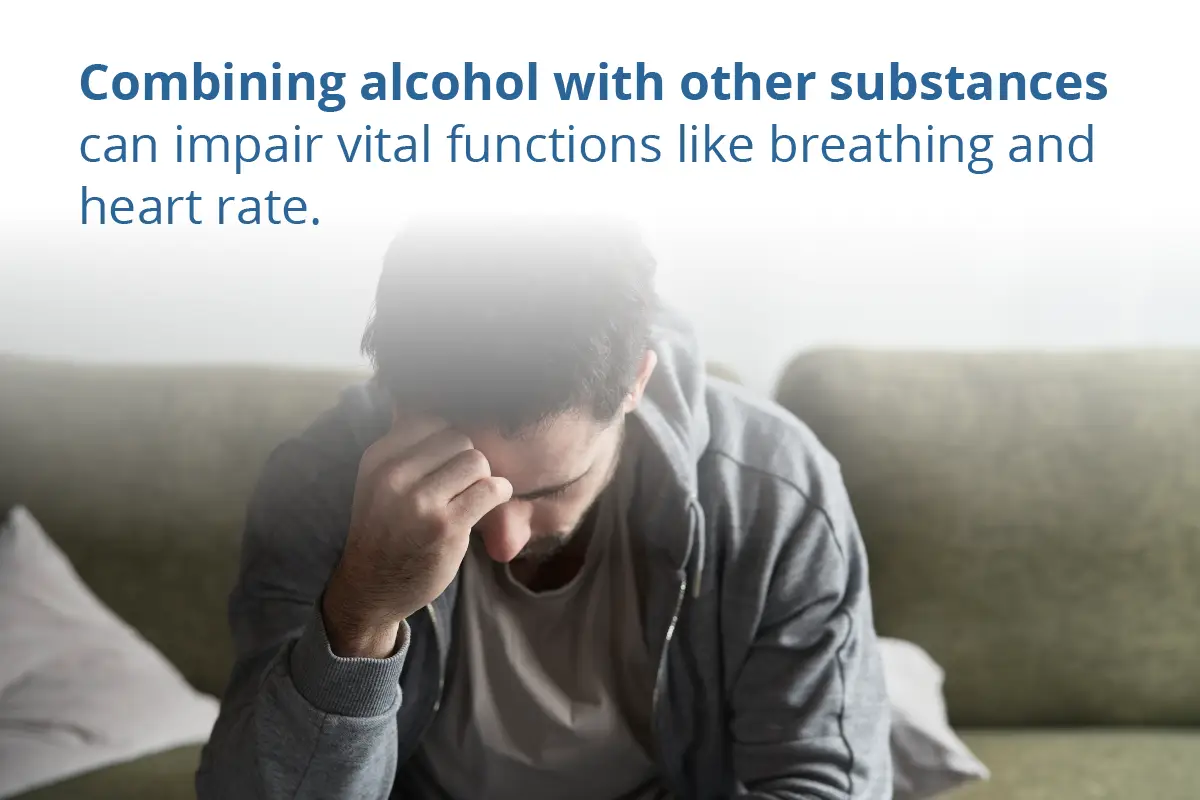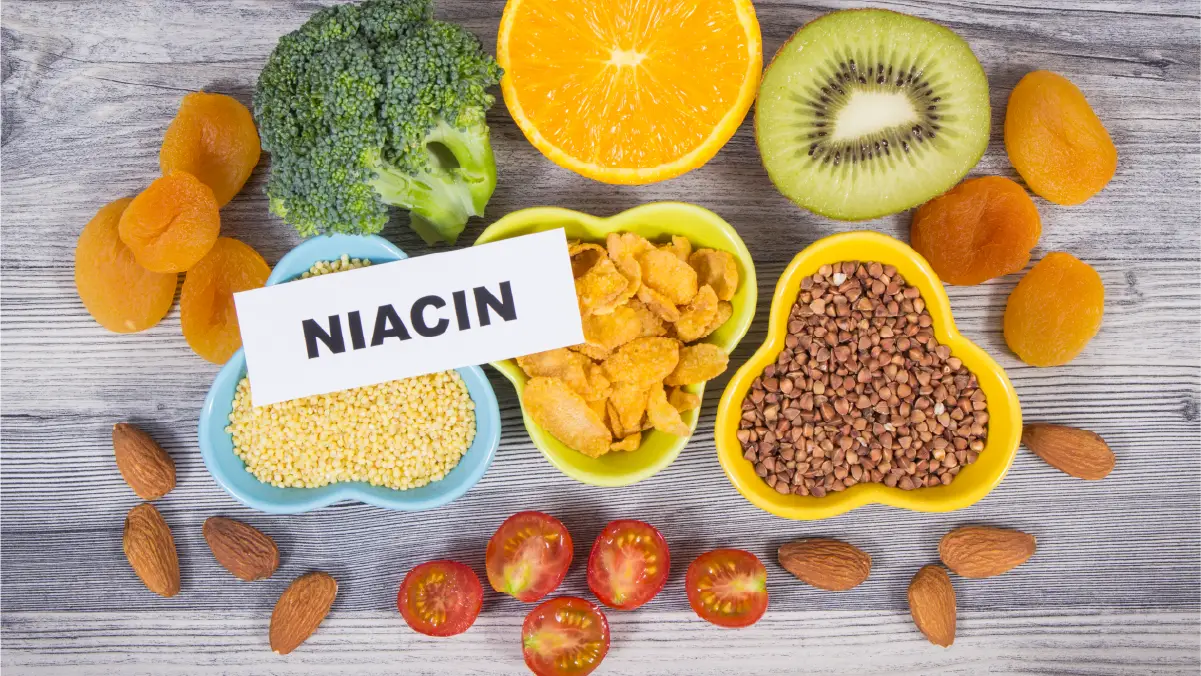Alcohol Poisoning: Stay Informed, Stay Safe
Other Categories

In the realm of socializing, alcohol often plays a role, but excessive consumption can lead to a hazardous condition known as alcohol poisoning.
From the initial signs to the critical importance of seeking immediate medical attention, understanding the symptoms, and taking preventive measures, individuals can protect themselves and others from the dangers of alcohol poisoning.
Key Takeaways
Alcohol poisoning isn’t limited to chronic heavy drinkers. Binge drinking, where large amounts of alcohol are consumed rapidly, poses a significant risk. Here is what you need to know:
- Alcohol poisoning is a life-threatening condition caused by consuming a dangerous amount of alcohol in a short period, leading to a toxic buildup in the bloodstream.
- Key symptoms of alcohol poisoning include confusion, vomiting, seizures, slow or irregular breathing, and unconsciousness.
- To prevent alcohol poisoning, monitor alcohol consumption, recognize warning signs, and seek help promptly if someone shows signs of severe intoxication.
How Alcohol Is Metabolized
Alcohol metabolism is a complex process that primarily occurs in the liver. When consumed, alcohol (ethanol) is broken down into acetaldehyde by an enzyme called alcohol dehydrogenase. Acetaldehyde, a toxic substance, is further converted into acetate.
Once converted, acetate is metabolized into carbon dioxide and water, which are harmless byproducts. This metabolic pathway involves several enzymes and coenzymes, such as nicotinamide adenine dinucleotide (NAD+).
The liver plays a crucial role in this process, acting as the primary site for alcohol metabolism. However, excessive alcohol consumption can overwhelm the liver’s capacity, leading to the accumulation of acetaldehyde and contributing to the toxic effects of alcohol.
The rate of alcohol metabolism varies among individuals and is influenced by factors like genetics, age, and overall health. Chronic alcohol consumption can induce the liver to produce more enzymes, a phenomenon known as enzyme induction.
This adaptation, however, can lead to increased tolerance and potentially contribute to alcohol dependence.
Consulting A Healthcare Professional
Before starting a 3-day alcohol detox, it’s essential to consult an addiction treatment professional. They can assess your overall health, discuss potential risks, and provide guidance on how to manage alcohol withdrawal safely.Understanding The Detox Process
Next, understanding the detoxification process helps you know what to expect. During the detox, your body will begin to eliminate alcohol, and you may experience withdrawal symptoms like headaches, nausea, or mood swings.Gathering Necessary Supplies
Lastly, gathering the necessary supplies can make the detox process easier. Stock up on water, healthy snacks, and any over-the-counter medications recommended by your doctor. Having these supplies ready ensures you’re prepared.Causes of Alcohol Poisoning
Several factors contribute to the development of alcohol poisoning, highlighting the importance of responsible alcohol consumption.
Here’s a list of the alcohol overdose contributing factors:
The primary cause of alcohol poisoning is the rapid consumption of large quantities of alcohol. When the liver cannot metabolize alcohol as quickly as it is being ingested, alcohol accumulates in the bloodstream, leading to intoxication and, in severe cases, poisoning.
Engaging in binge drinking, defined as consuming a large amount of alcohol in a short timeframe, significantly increases the risk of alcohol poisoning. Binge drinking overwhelms the body’s ability to process and eliminate alcohol, elevating blood alcohol levels to dangerous heights.
The type of alcoholic beverages consumed also plays a role. Drinks with higher alcohol content, such as spirits and certain cocktails, can escalate the risk of alcohol poisoning more quickly than lower-alcohol beverages like beer or wine.
Individuals with a low tolerance for alcohol due to factors such as age, weight, or limited prior exposure to alcohol are more susceptible to drinking problems. Inexperienced drinkers may underestimate their limits, putting themselves at greater risk.
Combining alcohol with other substances, particularly drugs that depress the central nervous system, intensifies the effects of both and heightens the risk of alcohol poisoning. The combination can impair vital functions like breathing and heart rate.
Signs and Symptoms of Alcohol Poisoning
A 3-day alcohol detox program may not be suitable for everyone. Let’s identify who should consider other detox methods to ensure safety and effectiveness:
The signs and symptoms of alcohol poisoning can vary, but common indicators include:
- Confusion and stupor
- Vomiting
- Seizures
- Slow or irregular breathing
- Hypothermia (low body temperature)
- Bluish or pale skin
- Unconsciousness or inability to wake up
- Severe dehydration.
- Hypoglycemia (low blood sugar)
- The odor of alcohol on the breath
When individuals consume an excessive amount of alcohol, their blood alcohol content (BAC) rises significantly, jeopardizing both their physical and mental health.
Physiologically, alcohol depresses the central nervous system, slowing down vital functions like breathing, heart rate, and gag reflex. In cases of alcohol poisoning, these functions can become dangerously suppressed, leading to a range of symptoms such as confusion, vomiting, seizures, and, in severe cases, unconsciousness.
The impact of alcohol poisoning extends beyond immediate health risks. It can strain emergency medical services and result in long-term consequences for the individual’s health. Moreover, friends and bystanders play a crucial role in recognizing the signs of alcohol poisoning and seeking prompt medical attention
Frequently Asked Questions
Navigating the journey to recovery can bring up many questions. Below are some of the most commonly asked questions about our services. If you need more information or have additional questions, we are only a phone call away.
Is alcohol intoxication the same as poisoning?
No, alcohol intoxication and poisoning are not the same. Intoxication refers to the state of being under the influence of alcohol, while poisoning occurs when a dangerous amount of alcohol is consumed, leading to harmful effects.
Intoxication may be mild, but poisoning can be severe and life-threatening.
How much alcohol causes alcohol poisoning?
The amount of alcohol causing alcohol poisoning varies among young adults due to factors like weight and tolerance. However, a dangerous blood alcohol concentration (BAC) that can lead to poisoning is typically reached with a rapid and excessive intake, often within a short period.
If suspected, seek emergency assistance from medical professionals to avoid alcohol poisoning deaths.
How long does alcohol poisoning last?
The duration of ethyl alcohol poisoning varies based on its severity. Mild cases may resolve in a few hours, while severe cases can last days. Timely medical intervention is crucial.
If you suspect alcohol poisoning, seek emergency medical care or treatment to prevent potential life-threatening consequences like brain damage, stomach disturbance, coma, and, in severe cases, death.


Does Niacin Help with Alcohol Detox? Benefits and Recovery Tips Certain vital nutrients are known

Lamotrigine, also known by the brand name Lamictal, is a medication for epilepsy that also

Introduction To 3-Day Alcohol Detox A 3-day alcohol detox is a short-term program designed to

The Role of Saunas in Alcohol Detox: Benefits, Risks, and Recovery Support Saunas are effective

Suboxone, a medication commonly used for opioid addiction treatment, has shown potential benefits in managing

If you’re wondering how long alcohol stays in your system, it’s helpful to understand the
Have Questions? Let’s Talk!
Let’s talk about what’s going on — no judgement. (We’ve been there before ourselves). No one will know you inquired and there is no commitment to call.
24/7 Support
Need someone to talk to? We’re always here—day or night.
No Commitment
Ask questions, get guidance—no pressure, no obligation.
100% Private
Your story stays with us. Confidential support, always.
